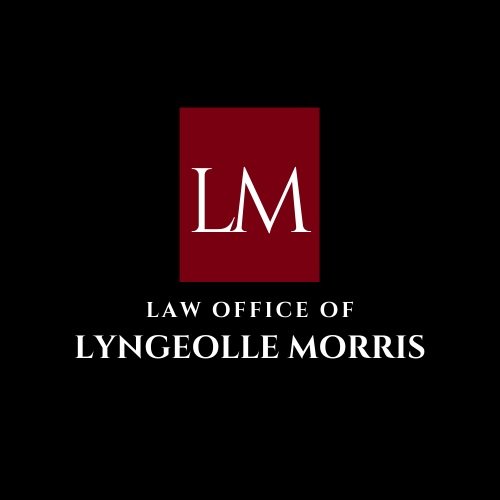Overview of Mental Health Receivership in Barbados: Frequently Asked Questions
In our previous blog post, we briefly considered the court-receivership process in Barbados for individuals who are mentally incapacitated.
In this article, we’ll answer common questions and provide essential insights into what you need to consider before applying for receivership for a mental health patient.
Do I still need to apply for receivership if I have a Power of Attorney?
A Power of Attorney is only valid as long as the person granting it (the “donor”) retains mental capacity.
If your loved one has a mental disorder that prevents them from managing their affairs, a receivership application may be necessary.
Once mental capacity is lost, the Power of Attorney ends, and your role as the agent (or “donee“) under the Power of Attorney also ceases.
Before proceeding, consider if appointing a receiver would be in the patient’s best interest.
2. What do I need to prove to show that receivership is required?
To apply for receivership, you’ll need to provide the Court with:
Detailed information about the patient's relatives, property, and the reasons for the application.
Medical proof from a registered practitioner confirming that the patient has a mental disorder and cannot manage their affairs.
3. Who is eligible to make the application?
Generally, the spouse or close relatives are the ones to apply. If someone other than a close relative is applying, they must demonstrate that the patient’s family has been notified and consented to the application.
4. How does the court decide whether to appoint a receiver?
A High Court Judge reviews the evidence provided and assesses the patient’s ability to manage their affairs. The Court may issue an interim or final order based on the individual circumstances. It’s important to note that the appointment of a receiver is not automatic—each case is judged on its own merits.
5. What responsibilities does the appointed receiver have?
Once appointed, the receiver must follow the Court Order and is accountable to the Court for managing the patient’s affairs.
Key Duties of a Receiver:
Managing daily expenses and income.
Maintaining detailed records of assets, liabilities, and transactions.
Reporting annually (or as directed by the Court) on the patient’s affairs.
6. What happens after a receiver is appointed?
Once appointed, the receiver takes full responsibility for managing the patient’s financial and personal affairs, as per the Court's directives.
7. Will I be required to give a report to the Court on how the patient’s affairs are being managed?
Yes, the receiver will be required on annual basis or such other period as directed by the Court to provide an account for the administration and management of the patient’s affairs.
The receiver should therefore maintain detailed accounts related to the daily maintenance of the patient, the patient’s income and expenses, an inventory of the patient’s assets and liabilities, as well as any other dealings and transactions in relation to the patient.
Questions?
We hope this article has clarified some of your questions. For further guidance on the receivership process, Contact Us Here to speak with our legal team. We're happy to assist you with your specific concerns.
Receivership Planning Worksheet: To assist you with getting the process started, we’ve created a helpful Receivership Planning Worksheet to help you organize the necessary information. Download Here


